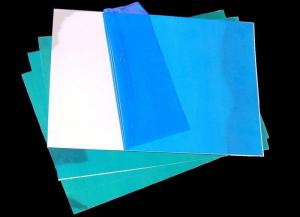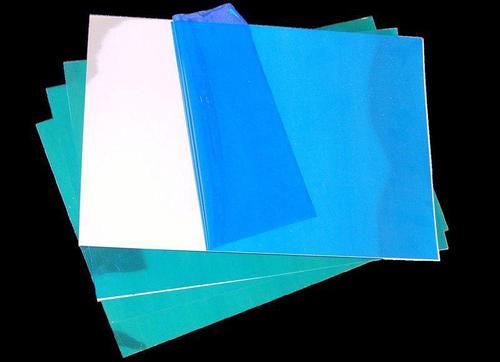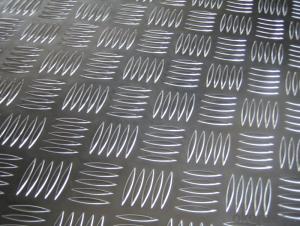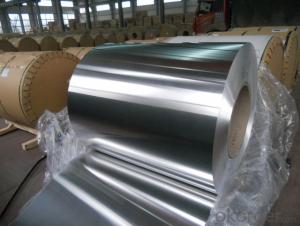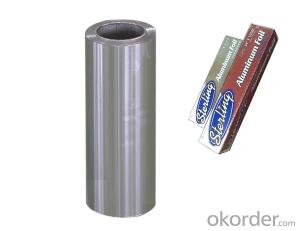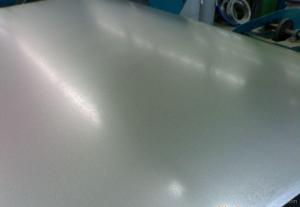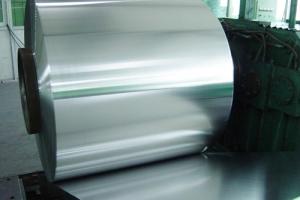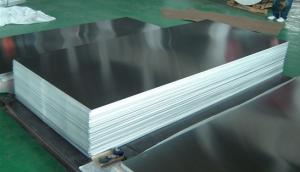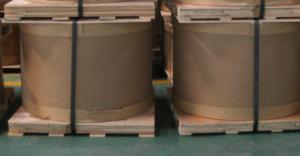1100-h124 Aluminum Sheets Sds - Aluminium Sheet and Slab
- Loading Port:
- Shanghai
- Payment Terms:
- TT OR LC
- Min Order Qty:
- 6 m.t
- Supply Capability:
- 3000 m.t/month
OKorder Service Pledge
OKorder Financial Service
You Might Also Like
1.Structure of Product Description
There are many different grades, such as: 1000 series, 2000 series, 3000 series, 5000 series, 6000series, etc. The detailed grade are as follows: 1010, 1050,1060,1100, 2024, 3003, 3005, 3105, 5052,5754,5083,6061,6063,8011, etc.
The temper is include H14, H22, H24, H44,H112,H114,etc.
2. Main features of the product
a.Competitive price
b.Frist-Class Service.
3. Image.
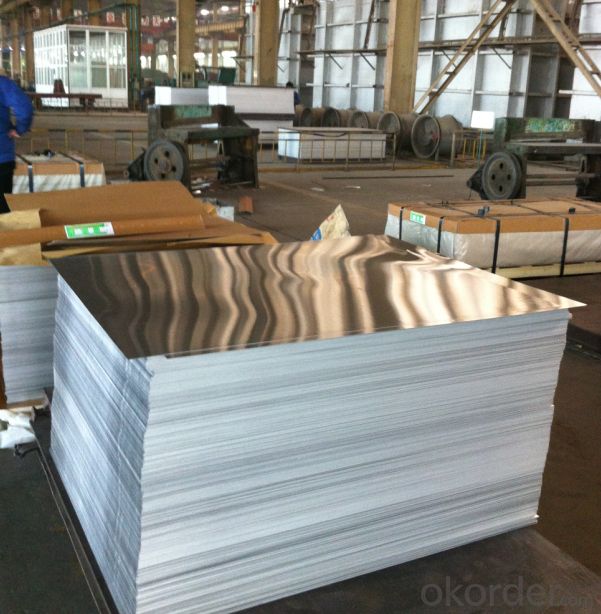
4. Product detailed sizes:
1219mm*2438mm,1220mm*2440mm,etc.
5. FAQ:
---Usually our standard is GB3880-2006 or others.
What is the width range?
---It is from 1000mm to 2500mm, etc.
What is the length range:
---It is from 2000mm to 6000mm, etc.
- Q: Are the aluminum sheets suitable for manufacturing electronic enclosures?
- Indeed, aluminum sheets are well-suited for the production of electronic enclosures. The reason for aluminum's popularity in this regard lies in its remarkable combination of strength, durability, and lightness. Moreover, its capacity for conducting electricity effectively qualifies it for dissipating the heat generated by electronic components. Furthermore, aluminum sheets can be effortlessly molded, shaped, and machined to meet the precise specifications of electronic enclosures, thereby allowing for personalized and adaptable designs. Additionally, its ability to resist corrosion renders it suitable for safeguarding electronic devices against environmental elements. In summary, aluminum sheets offer the perfect material solution for the manufacturing of electronic enclosures.
- Q: This question asks about the impact of aluminum sheets on the quality of air inside a building.
- <p>Aluminum sheets themselves do not directly affect indoor air quality in a building. They are inert materials that do not emit harmful gases or particles. However, the installation process may involve adhesives or sealants that could release volatile organic compounds (VOCs) temporarily, which can affect air quality. Proper ventilation during installation and after can mitigate this. Additionally, aluminum sheets can contribute to better air quality by providing a barrier against moisture and mold growth, which can be a concern with other building materials.</p>
- Q: Are the aluminum sheets suitable for manufacturing traffic signs?
- Yes, aluminum sheets are highly suitable for manufacturing traffic signs. Aluminum is a durable, lightweight, and corrosion-resistant material, making it ideal for outdoor applications. It can withstand harsh weather conditions and remains visible for a long time. Additionally, aluminum is easy to work with, allowing for easy customization and installation of traffic signs.
- Q: Can aluminum sheets be anodized for corrosion protection?
- Yes, aluminum sheets can be anodized for corrosion protection. Anodizing is an electrochemical process that forms a durable oxide layer on the surface of aluminum, enhancing its corrosion resistance and providing a protective coating.
- Q: How do aluminum sheets perform in terms of thermal insulation?
- Aluminum sheets have poor thermal insulation properties. They conduct heat very well, which means they are not effective in preventing heat transfer between different areas or maintaining a consistent temperature.
- Q: What's the standard thickness of aluminum sheet?
- the thickness of tobacco aluminum foil and red wine bottle cap is designed according to customers demands and manufacturer has no stated specification.
- Q: Aluminum plate 90 degree bending, why cracking?
- There are several reasons why the 180 degree bending of aluminum plate causes cracking: 1. The bending edge is parallel to the rolling direction of the aluminum plate, so it is easy to crack and turn the bending direction to 90 degrees. 2. 180 degrees bending angle is too much to be greater than the minimum
- Q: How does the thermal conductivity of aluminum compare to other metals?
- Aluminum has a relatively high thermal conductivity compared to many other metals. It is surpassed only by a few metals such as copper and silver, which have even higher thermal conductivity values. However, aluminum's thermal conductivity is still significantly higher than most other commonly used metals.
- Q: What are the potential health hazards related to working with aluminum sheets?
- <p>Working with aluminum sheets generally has low health risks. However, inhalation of aluminum dust can cause respiratory issues, such as coughing and shortness of breath. Prolonged exposure may lead to a condition known as metal fume fever. Additionally, aluminum can cause skin irritation in some individuals. It's important to use proper ventilation and personal protective equipment, such as masks and gloves, to minimize these risks.</p>
- Q: It seemed in my experiment that aluminum wasn't reactive at all in the displacement reactions, except with copper sulfate. Is there a reason? or did I make a mistake? aluminum is more reactive than e.g silver nitrate, why didn't it react with it?
- Aluminium has a protective coating of Aluminium Oxide, this prevents many chemicals reaching the surface. This is because aluminium has a very strong affinity for oxygen and bonds to it with extremely strong bonds. It can be removed by dipping it carefully into a solution of Mercury (II) Chloride.
Send your message to us
1100-h124 Aluminum Sheets Sds - Aluminium Sheet and Slab
- Loading Port:
- Shanghai
- Payment Terms:
- TT OR LC
- Min Order Qty:
- 6 m.t
- Supply Capability:
- 3000 m.t/month
OKorder Service Pledge
OKorder Financial Service
Similar products
Hot products
Hot Searches
Related keywords
